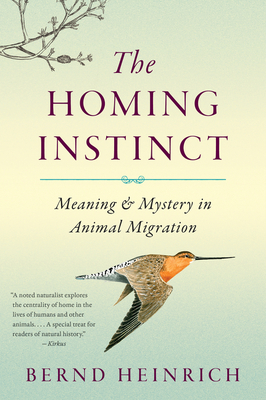
Shah, Idries
(Bilingual English-Spanish edition / Edición bilingüe inglés-español) A wealthy merchant's prize possession is a beautiful bird. Believing that he loves the exotic creature too much to set it free, the merchant discovers that animals are sometimes better at learning by example than humans. This is one of a series of illustrated books for the young written by the Afghan philosopher and educator Idries Shah, whose collections of narratives and teaching stories have captivated the hearts and minds of people from all walks of life. It belongs to a rich storytelling tradition from Afghanistan, Central Asia and the Middle East that is more than 1,000 years old. These tales are more than entertaining; they are designed specifically to foster thinking skills and perception. They suggest in their structure and in the movement of their characters ways of looking at difficulties that can help solve them. Children will learn that it is good to observe others in order to learn, and that sometimes the actions of others are not all that they first seem to be.
La posesión más preciada de un rico comerciante es un pájaro hermoso. Cree que ama a su exótica criatura demasiado como para liberarla, pero pronto este comerciante descubre que los animales a veces aprenden mejor que los humanos de los ejemplos. Esta historia es parte de una serie de libros ilustrados para niños, escritos por el filósofo y educador afgano Idries Shah, cuyas colecciones de narraciones y cuentos didácticos han cautivado los corazones y las mentes de personas de todos los ámbitos de la vida. Pertenece a una rica tradición narrativa de Afganistán, Asia Central y Oriente Medio de más de 1.000 años. Estas historias no solo son entretenidas: están diseñadas específicamente para fomentar las habilidades del pensamiento y la percepción. Sugieren, a través de su estructura y del movimiento de sus personajes, formas de mirar las dificultades de manera que puedan ayudar a resolverlas. Los niños aprenderán que es bueno observar a los demás para aprender, y que a veces las acciones de los otros no son todo lo que aparentan ser.







